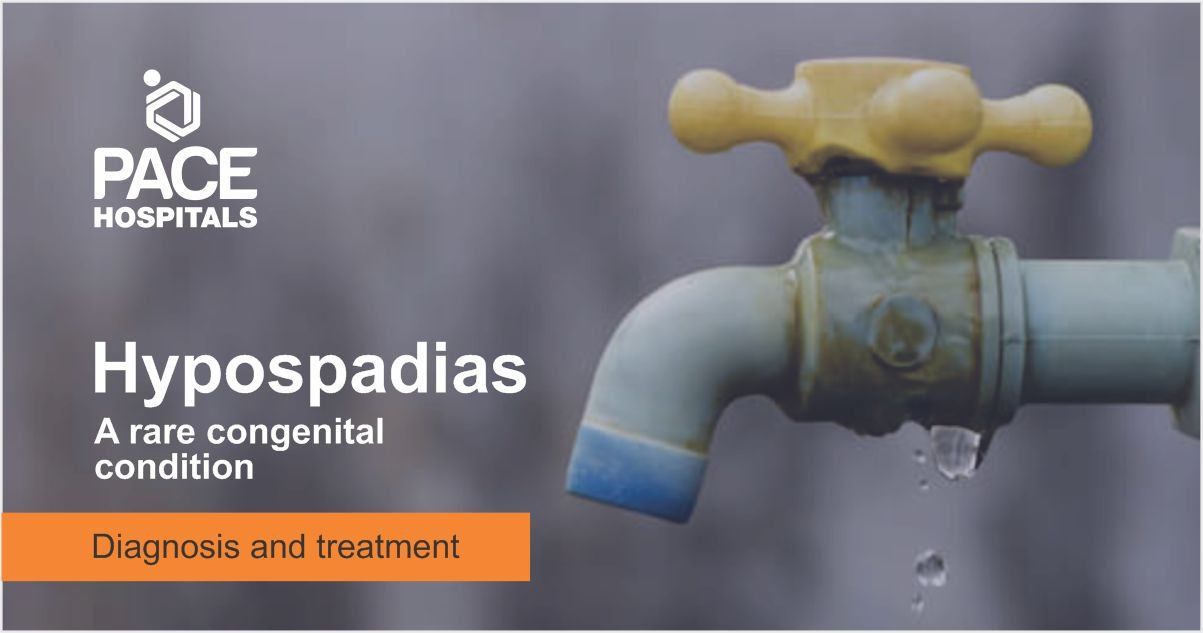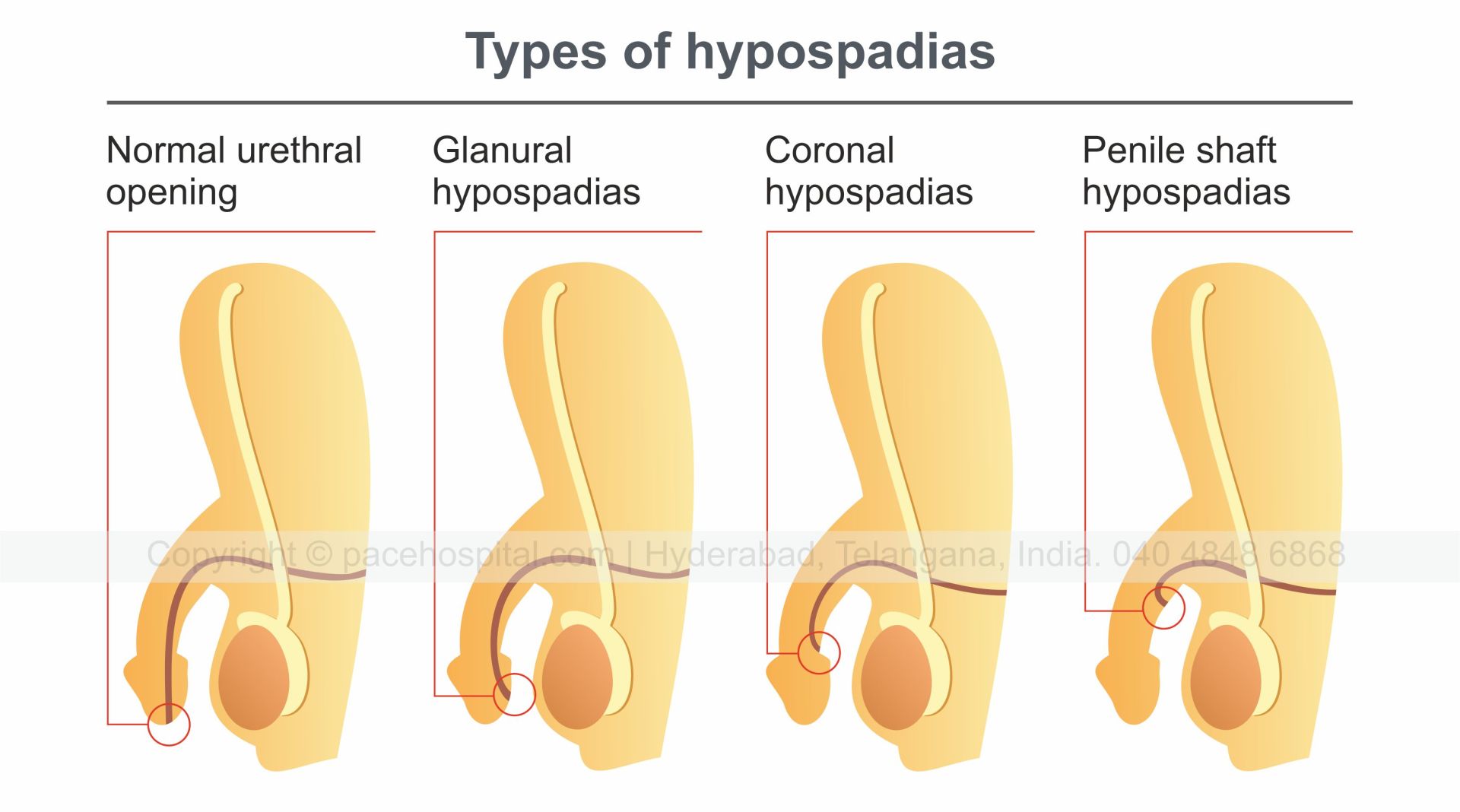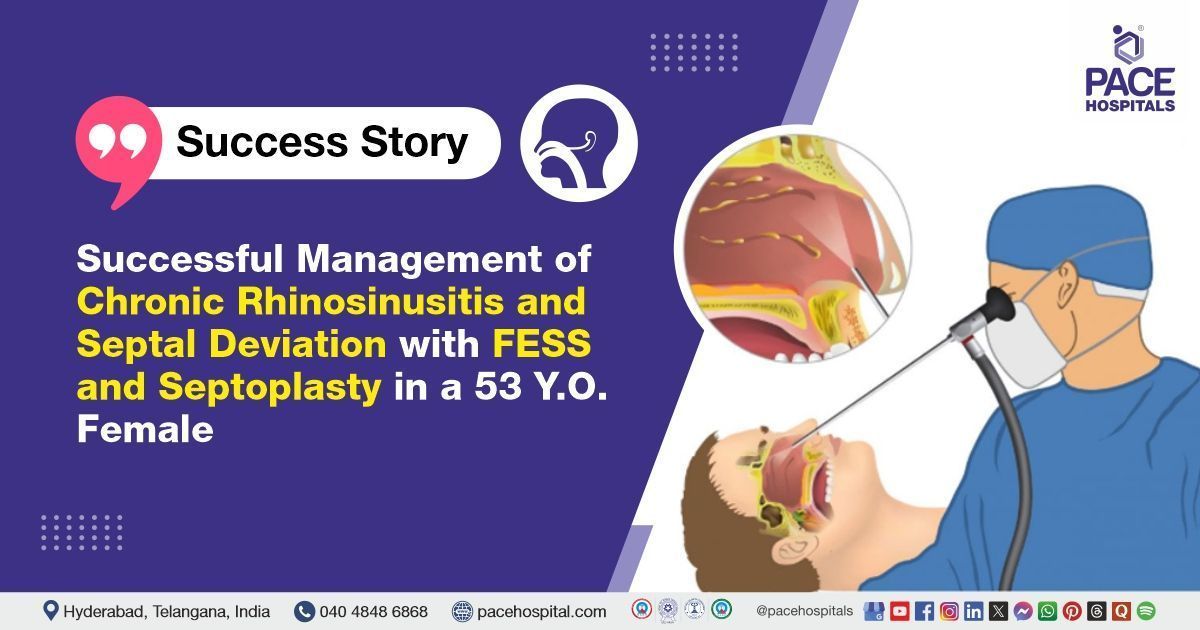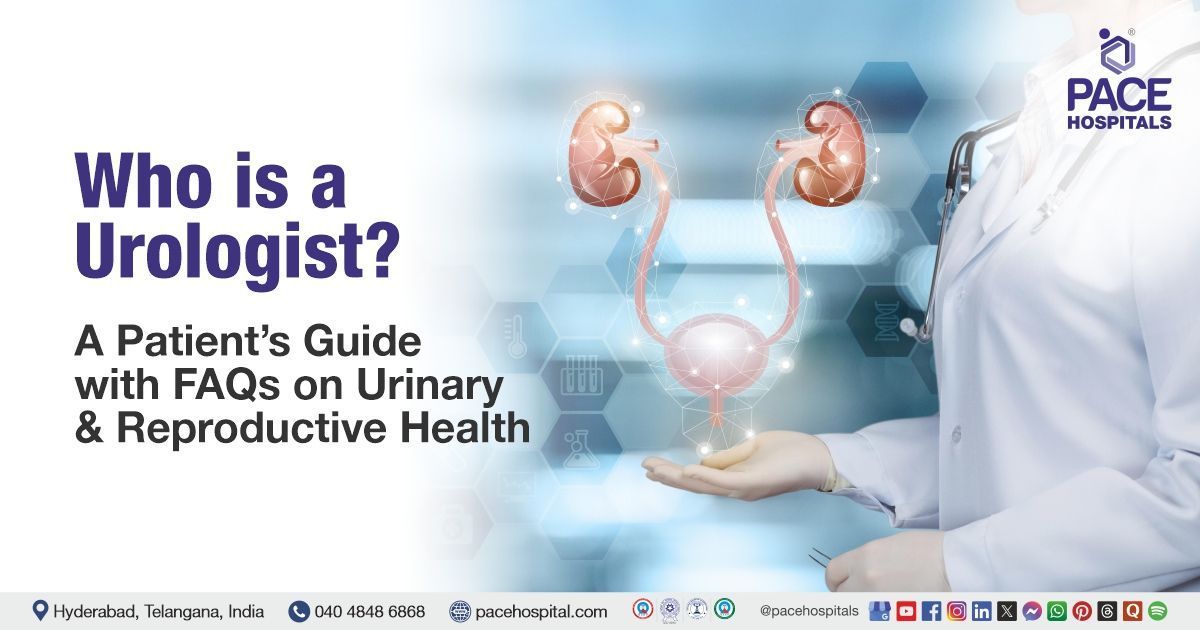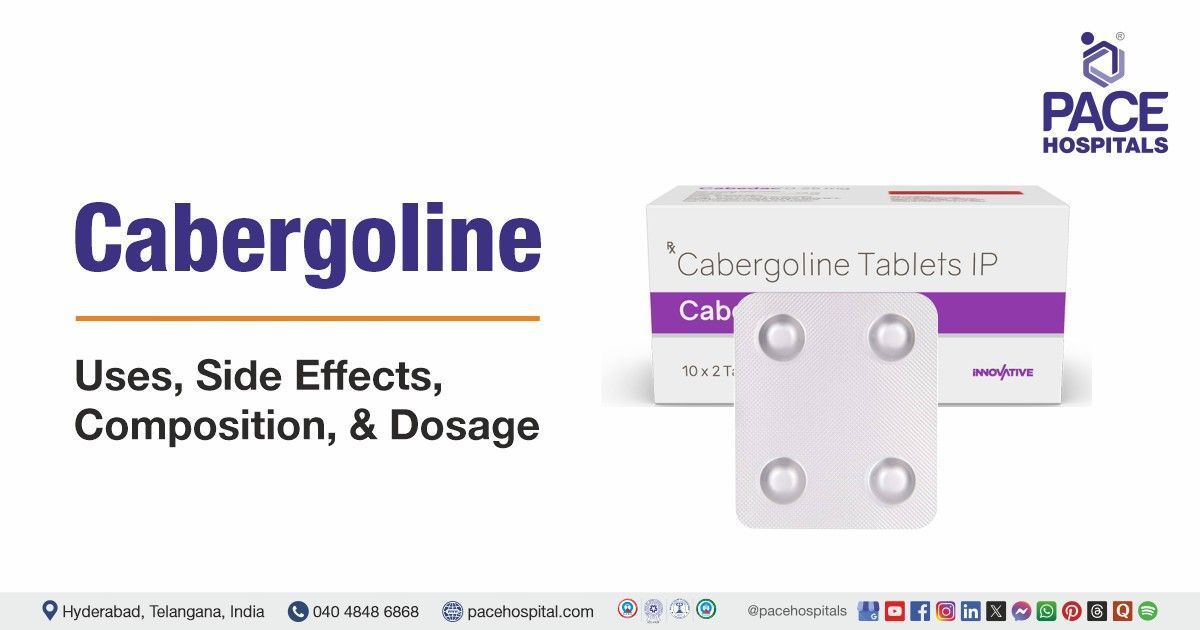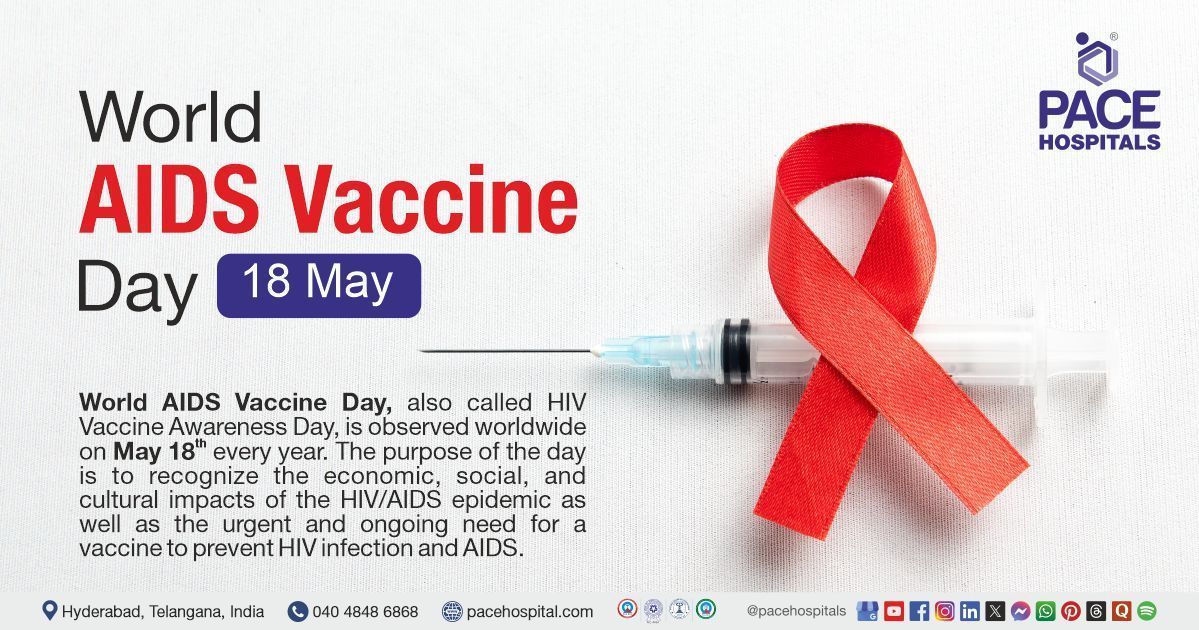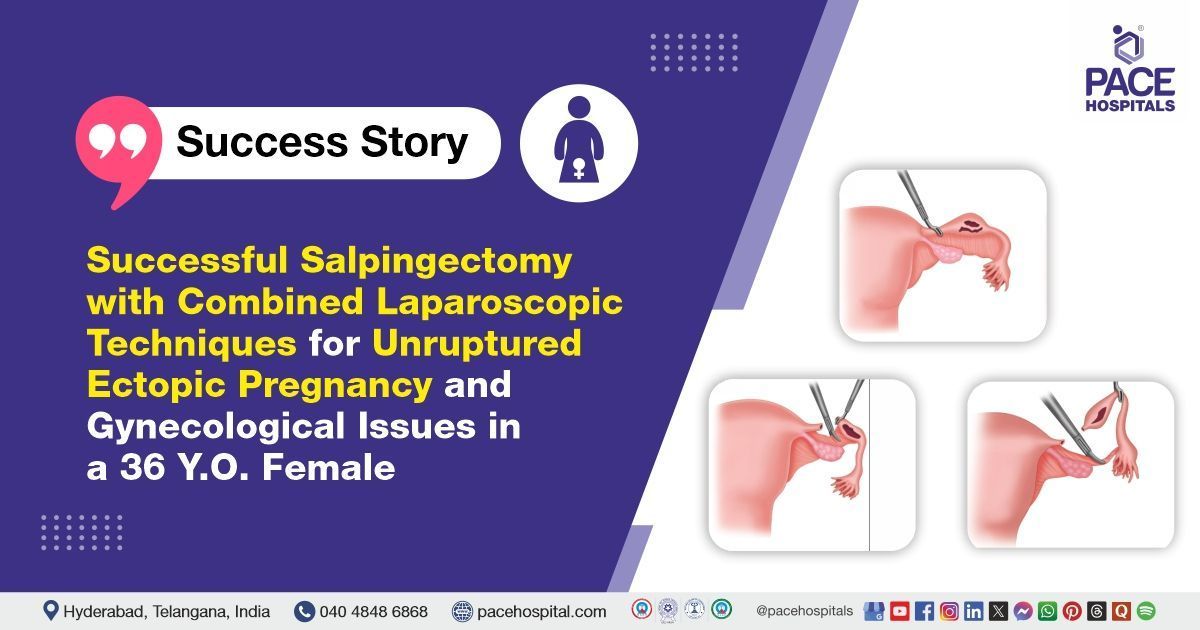Hypospadias a rare congenital condition: Diagnosis and Treatment
Hypospadias is rare congenital condition is more common in infants with a family history of hypospadias. The penis may curve down in an infant and the baby may spray while urinating.
What are the Symptoms?
- Physical deformity of penis
- Abnormal urinary stream
- Sexual dysfunction
8 out of 100 boys suffer with Hypospadias.
What is treatment option available?
- Straightening the shaft
- Making the urinary channel
- Positioning the meatus in the head of the penis
- Circumcising or reconstructing the foreskin
What happens after surgery?
How long will it to recover fully?
Share on
Request an appointment
Fill in the appointment form or call us instantly to book a confirmed appointment with our super specialist at 04048486868

